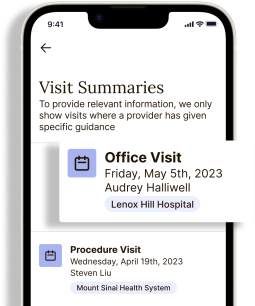Unfortunately, many scammers and aggressive marketers specifically target seniors, using sophisticated ploys designed to gain their trust and access their finances. Here are crucial tips and examples of common tactics to help caregivers recognize and prevent these dangerous situations.
Recognize common scamming tactics
High-pressure sales and scare tactics. Scammers often create a sense of urgency to pressure the elderly into making hasty decisions. For example, they might claim that a special offer is only available for a limited time, or assert that your loved one's financial security is in immediate jeopardy unless they act quickly.
Phishing attempts. These involve attempts to extract personal information under false pretenses. Scammers may send emails, texts, or calls posing as banks or government agencies (especially Social Security), asking for sensitive information to "verify" an account or resolve some supposed issue.
Fake charity scams. Especially after natural disasters or during holiday seasons, scammers will often solicit donations from non-existent charitable organizations. They exploit your loved one's generosity and empathy, using emotionally charged narratives to elicit financial contributions.
Monitor financial activities closely
Be vigilant about any unusual activity in bank accounts or on credit statements. Quickly identifying unauthorized transactions can be the first step in mitigating damage. Consider setting up transaction alerts with financial institutions to monitor any unexpected activity.
Thoroughly check service providers
Verify the provider's credentials and reputation before agreeing to any services, whether home repair, healthcare, or legal advice. Scammers often offer these services without proper qualifications, using this to enter homes or gain personal information.
Educate about responsible technology use
Introduce and maintain reliable security software to defend against malware and phishing. Instruct your loved one to set robust passwords and discuss the dangers of sharing information online. For example, explain why they should never click on unfamiliar links or respond to unsolicited requests for information.
Maintain open lines of communication
Encourage your loved one to share their interactions and transactions with you, especially if they involve financial decisions. Open communication helps to identify potential scams quickly and prevents isolation, which scammers exploit to manipulate their targets.
By implementing these strategies, you can significantly reduce the risk of financial or emotional harm to your loved one from scammers and aggressive marketers. Awareness and proactive prevention are crucial in providing a safe and supportive environment for the older adults in your family.




